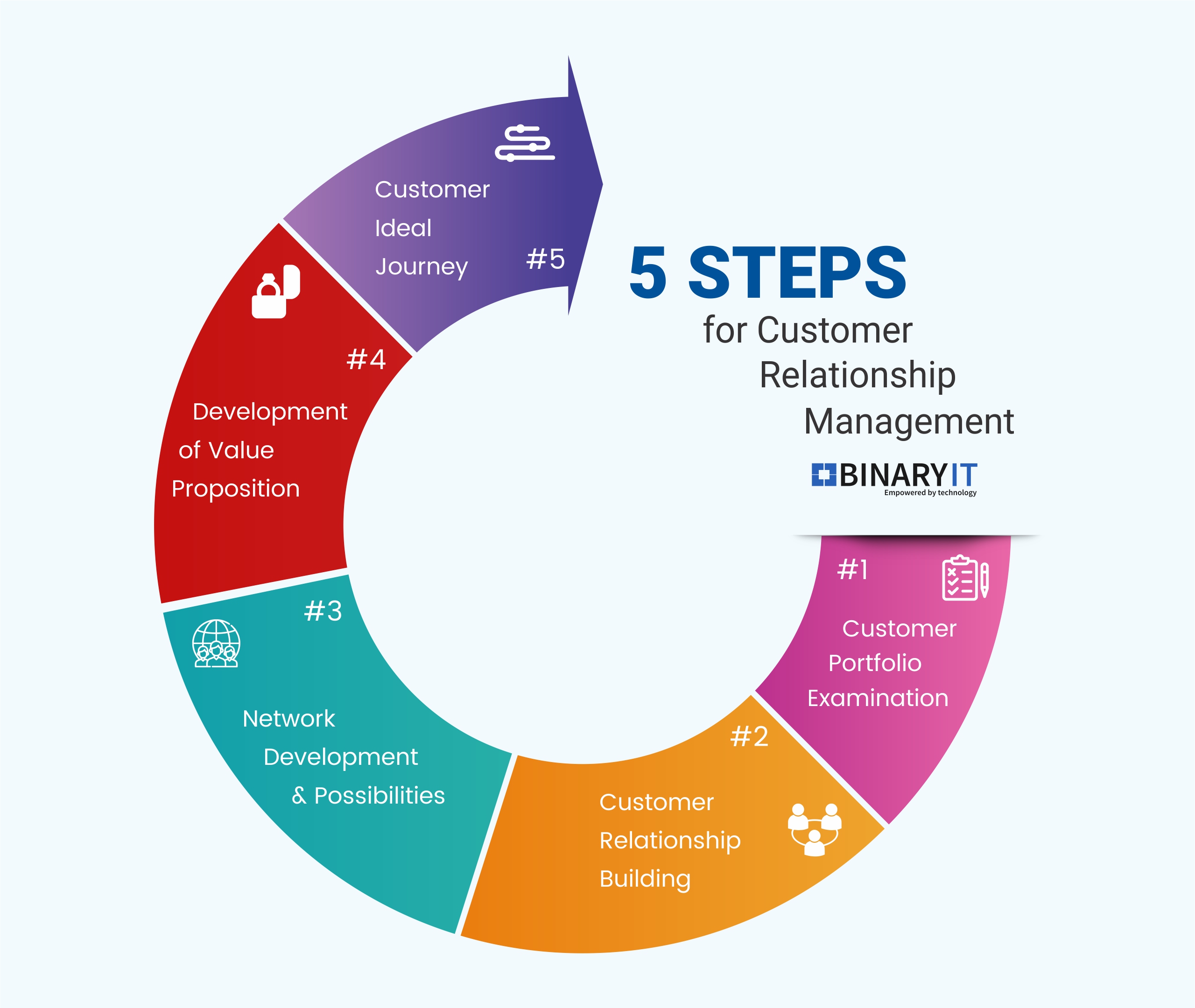
Understanding Cryptocurrency – Cryptocurrency is a digital form of currency secured through cryptographic technology and recorded on a decentralized ledger known as blockchain. Unlike traditional money, cryptocurrency exists solely in digital form and cannot be physically held or stored in a wallet.
The Rise of Cryptocurrency
Cryptocurrency has been around for over a decade, gaining significant traction in recent years. According to recent research, nearly 28% of American adults own cryptocurrency, a substantial increase from just 15% in 2021. Unlike conventional banking systems, cryptocurrencies operate on decentralized networks, eliminating the need for banks to process transactions. Although free from direct governmental control, many regulatory bodies impose taxes and monitor crypto-related activities.
How Cryptocurrency Works
Cryptocurrency units, often referred to as coins, exist solely in digital form. These coins can be stored in digital wallets controlled by users or managed through third-party custodial services, similar to financial brokerages. Popular cryptocurrency exchange and wallet providers include Binance, Coinbase, Kraken, and eToro.
Bitcoin, the first widely accepted cryptocurrency, remains the most dominant in the market. Other digital currencies, known as altcoins, include Ethereum, Cardano, Litecoin, Solana, and XRP. These digital assets can be used for a variety of purposes, such as purchasing goods and services, investing, or exchanging funds with others.
Unlike fiat currencies, which are issued and regulated by governments with no fixed supply, cryptocurrencies often have a predetermined limit, ensuring scarcity. Every transaction made with cryptocurrency is recorded on an encrypted blockchain ledger, enhancing security and transparency.
Cryptocurrency and Taxes
For tax purposes, the IRS considers cryptocurrency as property. The value of cryptocurrency at the time of a transaction is taxable, classified as either 1099 income or, if received as wages, W-2 income. Profits made from trading or investing in cryptocurrency may also be subject to capital gains taxes.
How Transactions Work
Using cryptocurrency is often straightforward, requiring just a QR code scan or copying and pasting a unique transaction ID. However, behind the scenes, multiple decentralized servers validate and process each transaction, making the system highly secure and resistant to fraud. This decentralized nature is what differentiates cryptocurrency transactions from traditional banking operations.
As digital assets continue to evolve, cryptocurrency remains a revolutionary financial tool with growing adoption worldwide. Understanding how it works, its regulatory implications, and secure storage methods can help individuals navigate this rapidly expanding digital economy.






